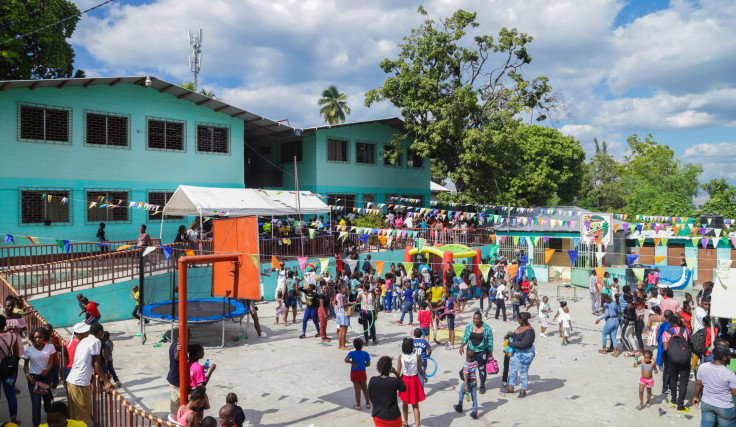While the world continues to grapple under the global health crisis that is COVID-19, there’s another epidemic that’s fast becoming a gnawing concern of sorts—the Cholera epidemic, which has claimed over 10,000 Haitian lives. The United Nations finds itself on the receiving end of blistering criticism for its lukewarm response and failure to compensate the victim
13 top officials condemned the intergovernmental body to up the hopes of the Haitians with “illusory” promises. The group addressed the need to urgently step up the body’s efforts in an open letter to the UN secretary-general Antonio Guterres and fulfill a pledge made to help over 80,000 people infected by the disease.
Philip Alston, the UN monitor on acute poverty and human rights, and also the lead signatory of the letter, categorically mentioned to a media outlet that the UN’s inability to manage the cholera epidemic was due to the novel coronavirus outbreak overshadowing it.
“The world is rightly focused on the horrors of COVID-19 and losing thousands of people. But 10,000 people died in Haiti and there was no response,” said Alston. “What upsets me most is that the UN has still not acknowledged its responsibility for taking cholera to Haiti,” he added.
The UN repeatedly shot down any remote involvement in the transmission of the cholera bacterium for a period of six years. But, in an unexpected turn of events, the former UN secretary-general Ban Kimoon issued an apology in 2016 while outrightly denying legal accountability.
The refusals, however, stood as a stark contrast to the scientific evidence that highlights how cholera was “imported” due to a monumental failure of overlooking the screening of the Nepalese UN peacekeepers who were relocated in 2010 to Haiti to mitigate the effects of a devastating earthquake. Add to that, the UN has so far raised a meager $ 21 million, while shelling out a skimpy $3 million.
The explicit refusal on the body’s part to accept any formal responsibility is what irks independent UN monitors. Attributing racism as one of the predominant factors behind this, Alston inferred that the unfair treatment was meted out to Haiti mainly because the country “has largely been written off.”
The lack of adequate support in the form of financial aid to the affected families has given rise to a host of heart-wrenching issues—poverty and homelessness being among the top ones.

© 2025 Latin Times. All rights reserved. Do not reproduce without permission.




